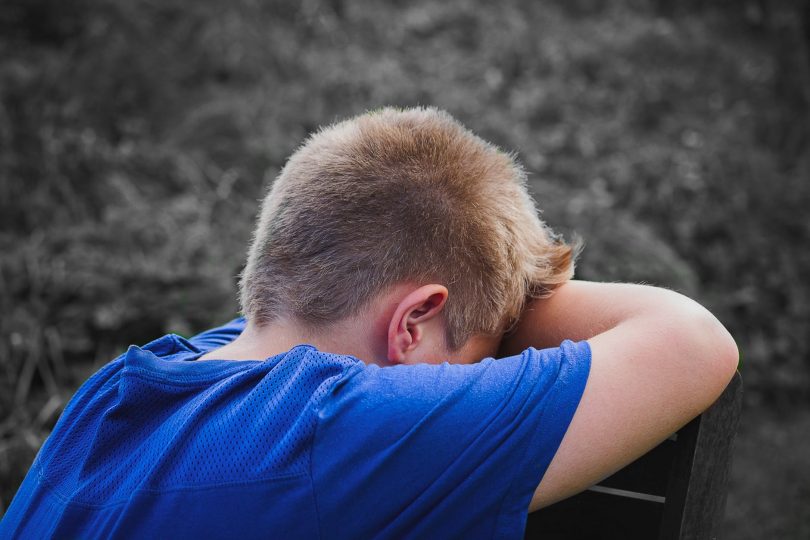Mental health is a lifelong consideration.
Starting to look after ourselves at 40 is all fine and good, but we would be much better off if we had been encouraged to think about it from teen years and even before. So with this in mind, being a dad gives us an amazing chance to help our kids grow in a way that includes mental as well as physical health.
Manly Men
Regardless of what many of us try to do, and what many people think, men can – and often do – see the world a little differently to women. Sadly, because men are often brought up by our wonderful father figures who would have had very little mental health support, things can get a bit “blokey”. It really isn’t anyone’s fault, but it can become our fault if we do not recognise it. How many guys out there have been told to “man up” or that crying or feeling sad isn’t what men do? It can be more subtle than that, too. Without even saying that kind of thing, many of us find it hard to understand why our children need help and support to deal with life – but they do, and quite often so do we. So, before we even think about the mental health of our kids we must address our own and the culture we create. Boys do, can and should cry, just as girls are equally capable of being powerful and far stronger than boys at times. If you can create a space, your kids can talk about feelings – and if you allow time for that to happen then you are on the right track already!
Bottled Feelings Anyone?
On much the same note as the previous point, so many dads out there could do with some mental health support. The modern pressures of being a father are certainly not what they once were. We don’t exactly go out and hunt anymore, but we replace that with very high expectations of ourselves and this can lead to a wide range of issues. It is crucial – absolutely crucial that as parents we understand our own issues and try to seek some help. Anxiety can be passed on so easily, as can obsessive behaviours, anger issues and more. They may not manifest in the same way, but you can be sure they will have an impact. On one hand that is scary, on the other it’s amazing that so much of our children’s mental well being is in our hands and we can do something about it.
“I Can’t Talk to You About it Dad!”
Not a nice thing to hear, but in some cases, they are just not going to want to talk to you about personal issues and that’s fine. This normally becomes more of an issue as they get older, don’t feel bad about it, its normal. But do try and guide them. Sites like https://hiddenstrength.com/ offer tonnes of mental health and wellbeing advice for kids and young people – and some good stuff for grown ups too. Send them a link and let them have a look rather than forcing the conversation. You may find they then come to you later on about any issues.

Know When to Admit Defeat
Some of us aren’t so good at this bit, but it is important. If your child comes to you saying they are depressed, for example, don’t try and tackle it alone unless you have had a lot of experience and help yourself. Have a chat, be supportive and if things persist then seek help. Going to the doctor is not a big deal and it should be treated like any other medical requirement. Know when to tap out and go for help together or see if they would prefer to go with a friend or your partner.
Certain Things to Never Say
So here are a few things you should NEVER say to anyone, including your own kids about mental health:
- Just cheer up
- Pull yourself together
- Deal with it
- Suck it up and get on with it
- Just stop feeling like that
- Why can’t you be normal?
You can probably add in a few yourself, too! The point is that there are going to be some situations where our children may be going a little over the top, playing up to what feels like a bit of a trend – but within those moments there can be lots of real worry, and treating them all with respect is key.
Conclusion
Just to keep it nice and simple here are the big things to consider:
Be open about your own mental health and seek help if you need to.
Create an environment at home where feelings are talked about, being sad is okay, and opening up about worries and issues is the norm.
If they wont talk to you or your partner, direct them to good online help and then work with them to seek medical help if needed – don’t be afraid of getting help, it can be very positive.





























Leave a Comment
You must be logged in to post a comment.